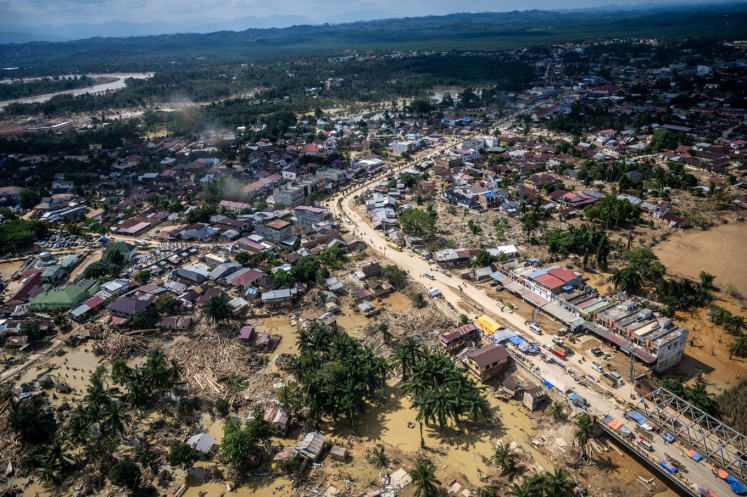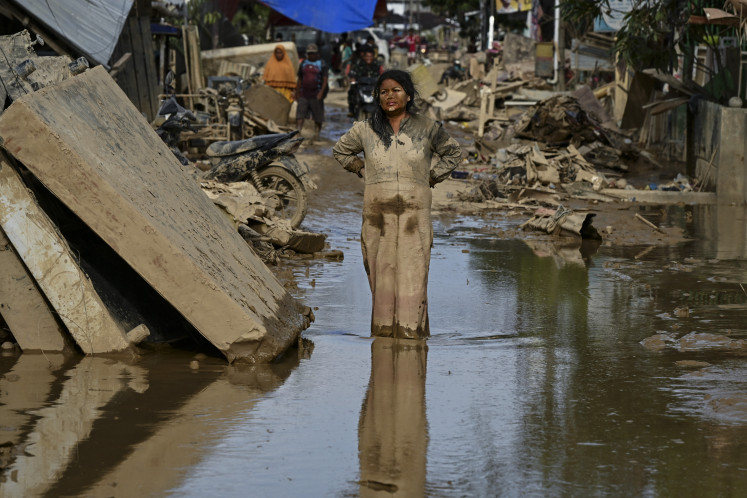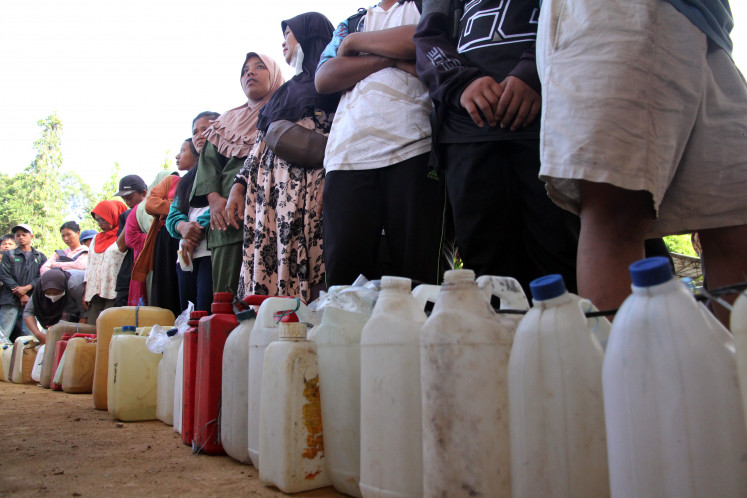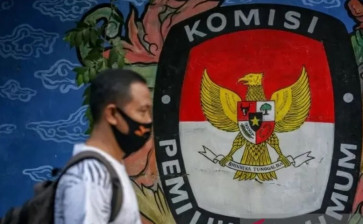Popular Reads
Top Results
Can't find what you're looking for?
View all search resultsPopular Reads
Top Results
Can't find what you're looking for?
View all search resultsIt’s obvious, district courts do not decide elections
The Central Jakarta District Court is simply not an appropriate court to determine this case, much less to render a verdict with this impact, and it seems miraculous that the judges of this court could have thought that it was.
Change text size
Gift Premium Articles
to Anyone

The Central Jakarta District Court’s decision to postpone the 2024 elections grossly oversteps the court’s jurisdiction and contravenes both electoral law and the Constitution of Indonesia. Even more concerningly, it suggests that those hoping to prolong the current regime still fail to recognize the need for timely elections.
While the Judicial Commission should be able to resolve the immediate mess the district court has caused, those responsible for this decision must be investigated to ensure the integrity of Indonesia’s judiciary. Most importantly, the continued push for delaying the 2024 elections must be exposed and rejected before any more harm is done.
The case in question came about when the Prima Party claimed that it had been unfairly denied entry into the 2024 election. They challenged the General Elections Commission’s (KPU) decision in the party verification process, alleging that the Prima Party’s disqualification hinged on mistaken or inaccurate readings of the data.
Among its demands, the party claimed for material damage, which the Central Jakarta District Court awarded in the sum of Rp 500 million (US$32,611), with an additional Rp 410,000 in costs.
Less rationally, the party also requested that the current 2024 election preparations cease, that all progress so far be discarded, and that the election should be delayed for over two years. This, astonishingly, was also granted by the court.
The law here is simple and clear. The relevant authority to determine electoral disputes of this nature rests first with the Elections Supervisory Body (Bawaslu) and ultimately the State Administrative Court (PTUN). This is clearly laid out in Articles 469 and 470 of the 2017 Election Law. These dictate that the PTUN provides the final decision on “a dispute arising between the KPU and a political party registering to contest in an election who failed their verification process”, as in this case. Article 471 of the same law stipulates that where the PTUN rejects a case, there shall be no further legal recourse.

The Prima Party initially followed this process, and the case was finally rejected by the PTUN, on grounds of obscuur libel, finding that the party’s claim was obscure or unclear.

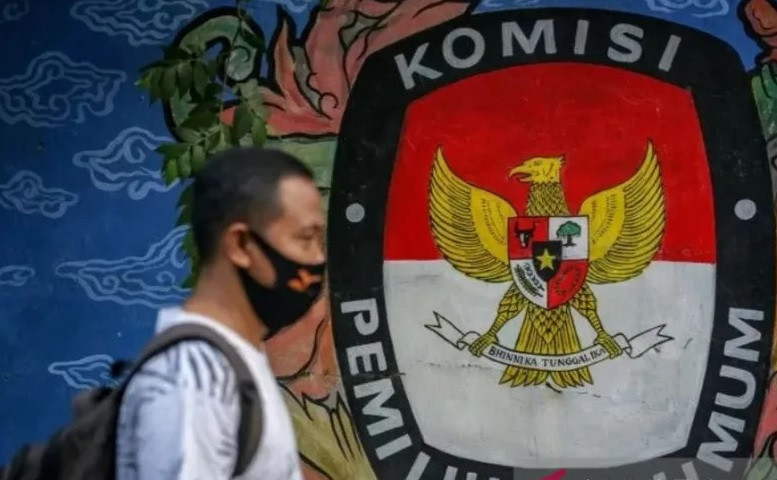


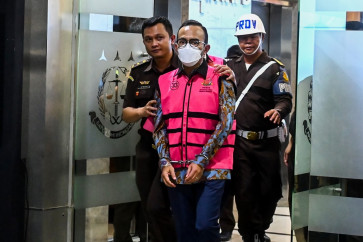

![Volunteers ready packages of relief aid for flood-affected areas on [DATE], at the Sidoarjo Disaster Mitigation Agency in East Java.](https://img.jakpost.net/c/2025/12/06/2025_12_06_169905_1764954727._medium.jpg)
